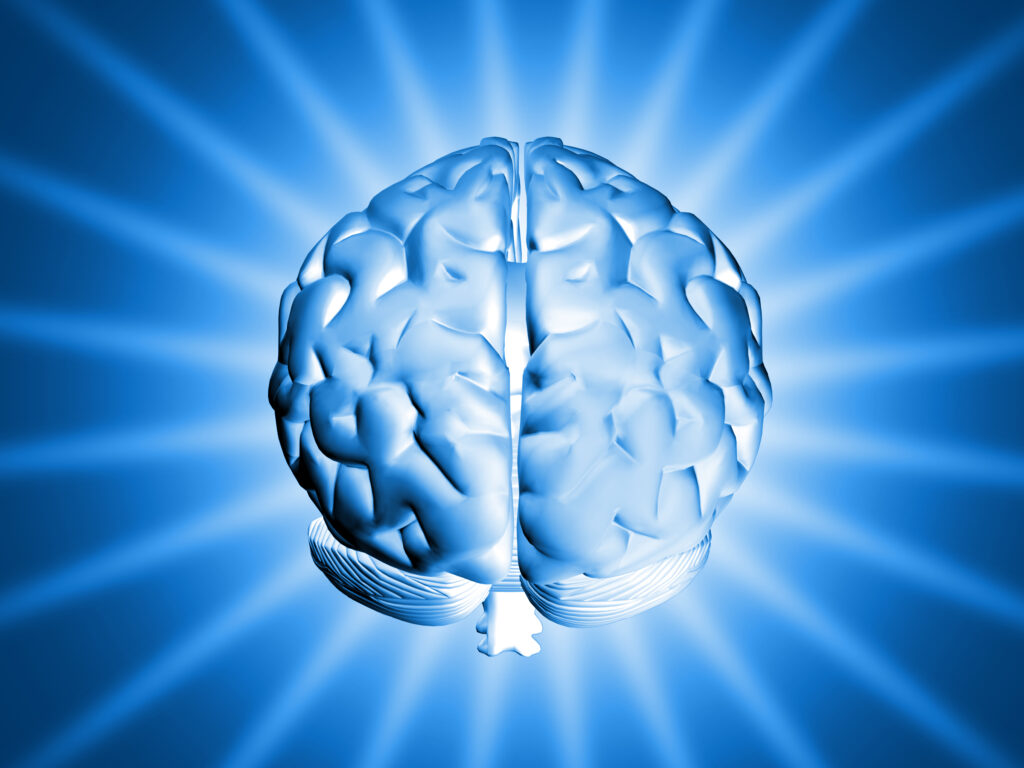Psychologist Martyn Newman tells us why empathy is so important, and why it's not only about being nice.
Late last century, four Italian neuroscientists stumbled upon a discovery that twenty years later has radically changed our understanding about the way all business relationships work; and which has especial resonance for HR professionals looking to develop key skills in their leadership teams.
Human see, human do
Giacomo Rizzolatti and his colleagues at the University of Parma in Italy wanted to understand how our brains work when we take action. The neuroscientists working with primates saw how their pre-motor neurons fired up in a similar fashion to the scientists when they were simply mimicking their actions. Given that it was the scientist who had made the initial movement, logically this made no sense; only his pre-motor neurons should have fired-up and not the monkeys. But as the monkey watched, his brain reacted as if initiating the movement. This was new and the scientists could hardly believe what they had witnessed. Years later they were to describe these special neurons that they discovered as 'mirror neurons'.
 "When leaders establish an empathic connection with employees, it can help them know what matters most to people, what motivates them and, therefore, what drives commercial success."
"When leaders establish an empathic connection with employees, it can help them know what matters most to people, what motivates them and, therefore, what drives commercial success."As it turns out, the discovery of mirror neurons has changed everything we thought we knew about how children learn, how customers make choices, how to build effective teams and even how leaders engage the hearts and minds of people to inspire great performance. Its mirror neurons that help us see the world through the eyes of other people and enable you to understand the meaning of other people's actions. Thus, according to studies reported in the Scientific American Mind, mirror neurons are the hardwiring behind empathy.
It's all about the customer
The primary benefit of empathy is a gut sense of what's going on for other people; what they feel as well as what they think. When leaders establish an empathic connection with employees, it can help them know what matters most to people, what motivates them and, therefore, what drives commercial success. Empathy helps the bottom line because it helps companies reach and understand all of their internal and external customers and provide exactly the kind of environment that is most conducive to offering the goods and services their customers want.
More than Mr. Nice Guy
People often consider that empathy is really just about 'being nice' to people and, as such, has limited relevance in a competitive commercial environment. Although the business case for being warm and friendly to customers is well established, the primary power of empathy in the business context is actually cognitive. It's about how well you really understand what your customers need or what people are trying to achieve and the tasks they must perform. The more you are able to communicate accurately that you understand what your people are trying to achieve and what challenges they face in performing their tasks, the more constructively they will work for you and do the things you want them to do. In other words, empathic connections between leaders and their people provide employees with a powerful reason to come to work every day.
Martyn Newman Ph.D is a consulting psychologist and managing director of RocheMartin. He is author of the international bestseller,'Emotional Capitalists – The New Leaders' and the 'Emotional Capital Report' – the world's first scientifically designed tool for measuring emotional intelligence and leadership









